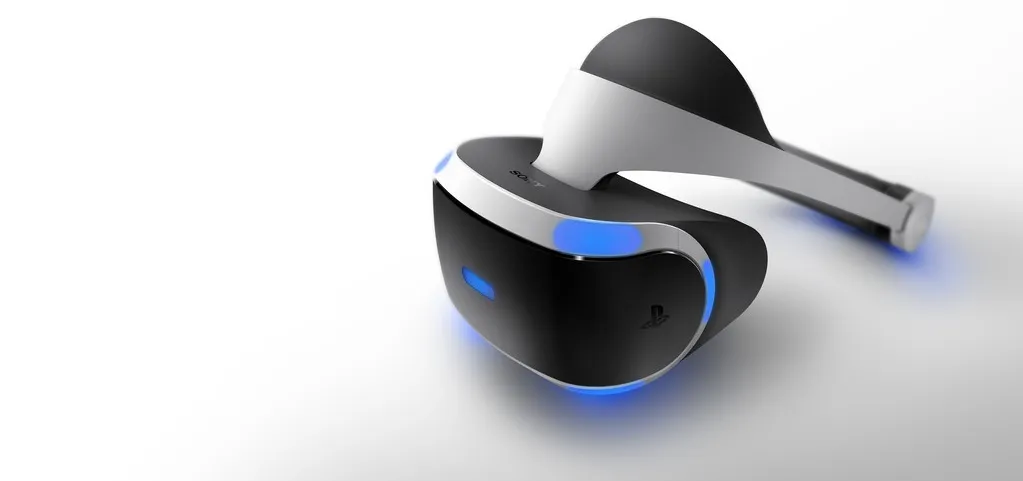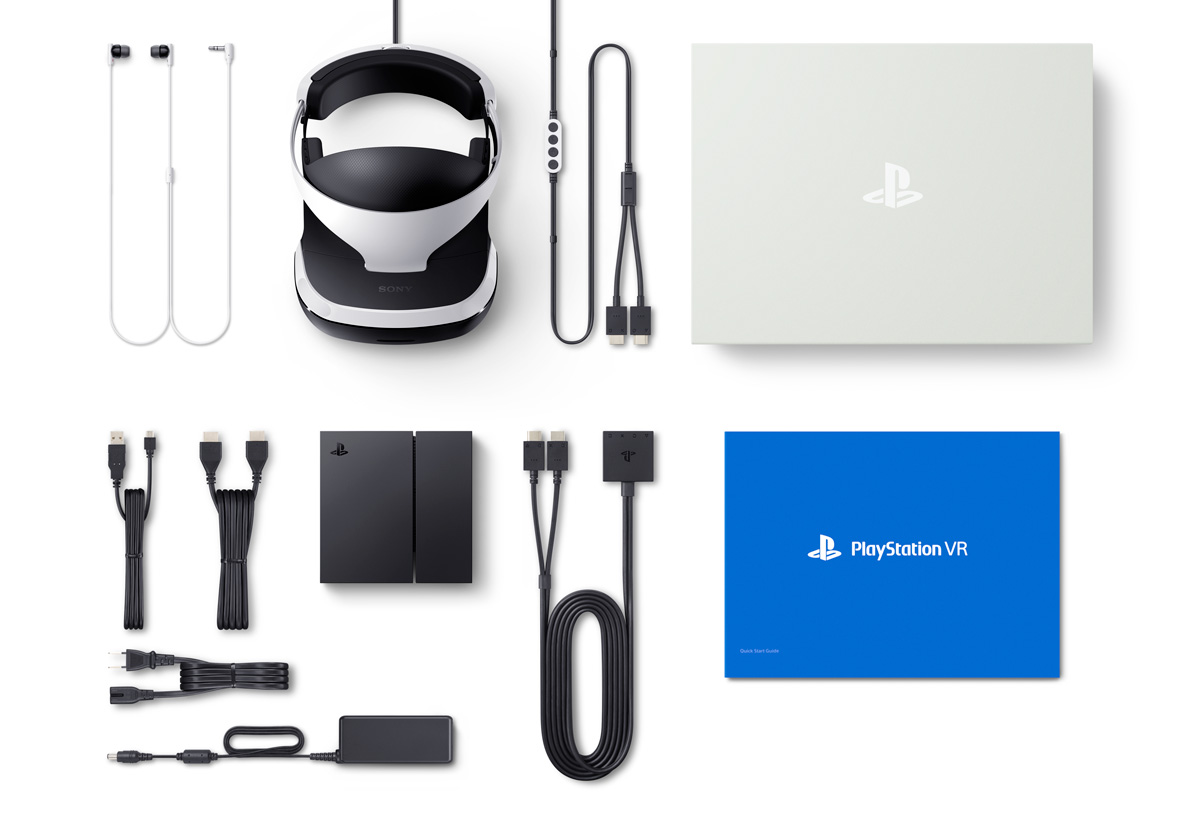Citing a lack of dedicated evangelism from Sony, interactive media research firm SuperData is updating its earlier predictions concerning the company’s PlayStation VR hardware. Initially, SuperData predicted Sony would sell well over 2 million PS VR headsets by the end of 2016. Today, however, the firm is walking that herculean number back significantly. Now, SuperData expects Sony to sell only 745,434 headsets by the end of this year.
The company believes that Sony has chosen to double down on its other major holiday product, the PlayStation 4 Pro. According to an email sent to UploadVR, Stephanie Llamas, Director of Research and Insights for SuperData believes that:
“Sony has taken a more prudent approach and held off on spending frivolously on marketing the PSVR to better position the Pro. Sony is making just enough units available to prove the case for VR, without seeking to fully saturate the market and, instead, build the offering more gradually to ensure a stronger life-cycle. They have also pointed out that VR looks even better on a Pro than a standard or slim PS 4, so the message to most gamers is: Get the Pro now, then the PSVR later. As a result, we won’t see them break 1M shipments until well into the new year.”
“Had Sony pushed the PSVR the way they’ve been pushing their other new hardware, the demand would have certainly fulfilled a supply of over 2M. However, given its quiet release it’s clear they’re being cautious before fully investing in the tech. Without the ‘killer app’ and the slow, steady release of AAA content, they will release less than 1M devices until they have content they feel confident will bring in the praise they want. They can afford to take it slow since they have no competition for now, so their supply and sales will rise steadily into 2017 as opposed to riding the seasonal wave.”
SuperData’s sales predictions have not been confirmed by any of the major VR headset manufacturers. Here’s how the firm arrives at its predictions:
“SuperData’s approach to the market for consumer-centered virtual reality includes retail checks, executive interviews with decision-makers from all of relevant firms in the marketplace, pricing data, our survey-based consumer tracking panel, and digital content purchases collected from our data providers. We combine both proprietary and public data sources to arrive at an objective reading of the market, including financial information obtained through our client network. Analysts are expressly forbidden to buy, sell, hedge or otherwise deal in the securities of any of the following public companies whose primary revenues come from the creation, selling, or distribution of video games.”
The sales predictions previously reported for the Oculus Rift and HTC Vive remained the same in the new report. Google’s Daydream View, however, fell from over 450,000 units to around 260,000 units in terms of predicted sales. Llamas explains this shift by writing that…”Google needs phones and adopters that won’t exist until next year.”



























